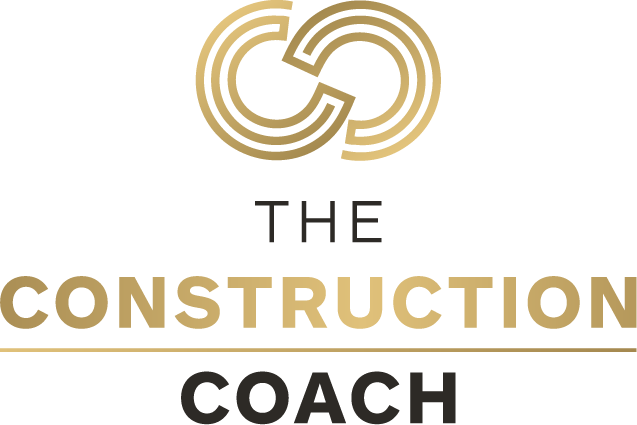#sitelife
One of my students rightfully said that unlike other professions, you can’t just walk onto a construction site to see how it all happens. You can walk into a doctor’s clinic for example, a restaurant, an office, to get an appreciation to some extent of the workplace. But a construction site? It’s a whole other world guarded by hoarding, shade cloth, fencing, and so much signage – mostly to tell you to keep clear and keep out! Universities and professional associations do a great job of organizing site visits, but the visits are short and infrequent that a solid appreciation of a construction site isn’t easily attained.
For students who don’t exactly know what they want to be doing in industry (which is totally fine) there is value in attaining a few years of site experience, or to be in a position where there is opportunity to be based out on site. That’s just to gain an appreciation of what’s going on, it takes many more years if not decades of actively being out on site to understand the building process. I'm of the opinion if you want to be working in construction, you need to fundamentally understand construction! The people who really excel in industry, in my opinion, are those who fundamentally know how to build, because that informs your ability to deliver projects safely, on time and on budget to the required quality.
So what is it actually like working on a construction site?
- It’s a high-risk, hazardous environment with so many activities typically going on at once, which is why safety is the number one consideration on a site. Managing safety on site is everyone’s responsibility, with even more complexity introduced when there is a public interface.
- It’s not glamorous, by any measure. It’s dusty, muddy, and sometimes sans comfortable amenities to work in! Leave all your nice clothes at home. However, you can get some great views when you’re building up! Also, really cold at times. If you're working with me in a site shed, I'm cranking up the heater!
- It’s a dynamic, constantly changing environment. With each new activity or trade on site, there’s added risk, planning, coordination and management required. Because of programme pressures, work happens really quickly, so it’s a fast-paced environment.
- Your problems stare you right in the face, and you have to confront them. This could be in terms of people, of coordination issues, of site considerations as to how to build this, or get access there. Not dealing with issues has an array of flow on effects for other trades at times. They’re not problems like emails which you can choose to not respond to (which you shouldn’t anyways).
- Everyone is always on the phone.
- There are SO MANY personalities on a construction site, and there are many times when they’re guaranteed not to all get along. It means that you have to (should) like people, to start off with, and be really versatile in your approach to managing and getting along with a whole array of people – from consultants, to subcontractors, to the client, and the neighbour. Managing people and expectations is a key skill of a career in construction.
- The hours are long, but it’s done in order to get the job done. Some poor coordinators are on site at 5am when a concrete pour starts for inductions. This doesn’t happen often, but it does! Works on site start at 7am and depending on the stage of the project, wind up between 3-5pm, but if you’re working against the clock, it could go well into the late hours of the night, and even night shifts. The management team are on site for a lot longer once trades go home.
- Team work makes the dream work – you need to be able to work well in a team, as depending on the size of the project, there can be many people involved in making it happen. At the same time, you have to be self-motivated and organized to get your own work done, as people are relying on that. Because, there's a sh*t load of work that happens before any trades or materials land on site, and even more when they do!
I haven’t explored construction sites in terms of how they are established, or from the perspective of trades, where it is physically demanding. The pressures of delivering projects at a profit or on time, or to whatever criteria the company is working against, can cause a lot of stress. The statistics for mental health issues for people working in construction are alarmingly higher than other industries. If you see someone on site not doing well, please, ask them, “are you ok?”. No one should have families fall apart or experience any sort of illness as a result of the workplace.
So why do it? Why work on a construction site? As much as it is challenging, it is rewarding, to be part of the team to create something where there once was nothing, or to completely transform a space into something new. It’s the chance to create buildings that positively impact our social fabric. It’s one of the only jobs you can have where you can drive by a build in ten years and think: “I was part of the team that built that. We did that.” It’s the chance to experience a great diversity of personal and professional growth unlike any other industry, in my opinion. Working on site means learning safety, planning (programming), coordination, procurement, finance, legalities – it’s like running a business!
So I encourage you. Put on your steel cap boots, hard hat and vest, and get out there.


